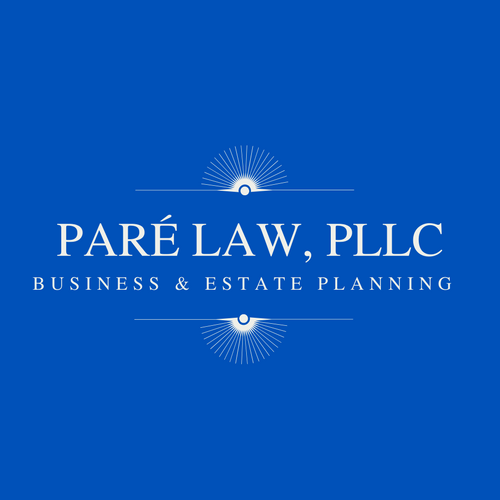Your company’s decision as to what type of business entity your company should operate as involves a careful look at the type of business you wish to create as well as the goals and objectives of the company. Some important factors to consider in business entity selection are (1) the number of business owners; (2) the liability exposure of the business; (3) the ability to minimize taxes of the business and the business owners; (4) the ability to transfer the business among the owners or to the next generation of business owners; (5) the costs of operating and maintaining the business; and (6) funding the business operations.
A business can be formed as a sole proprietorship, a general partnership, a limited partnership, a limited liability partnership, a corporation, an S corporation or as a limited liability company.
Selecting the right business entity and company tax classification for your business involves a careful weighing of advantages of disadvantages of the various aspects of your business operations. It is important to keep in mind that as your business grows, the business entity and company tax classifications that worked best for the business may lose their advantages to the business owners and or the company. Therefore a company must revisit the company’s business entity and company tax classification as changes in the business occur so the company can also change the business entity and company tax classification, as may be appropriate.
